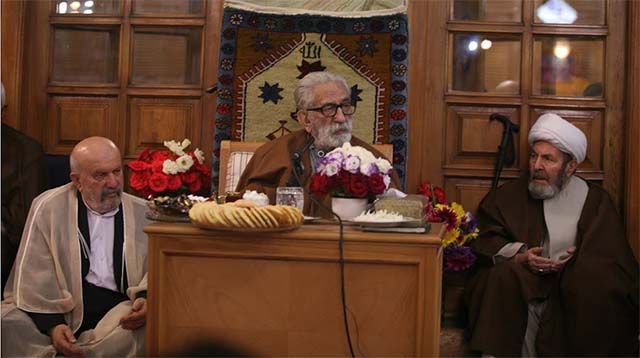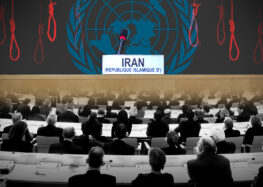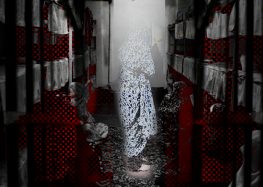Iranian State Censorship Body Blocks Websites Belonging to Persecuted Sufi Gonabadi Order

State authorities in Iran have blocked access to websites belonging to the Sufi Gonabadi Order to erase the religious minority’s presence on cyberspace, their lawyer told the Center for Human Rights in Iran (CHRI).
“Tyrannical totalitarian regimes ban information in order to remove alternative beliefs and take the life out of urban civil societies,” said Kasra Nouri, the attorney representing the Muslim mystical Gonabadi Order.
Since July 10, 2017, access to the group’s Mazar Soltani websites in Iran have been blocked by the country’s principal internet filtering body, the Taskforce to Determine Instances of Criminal Content.
The sites contain speeches by the group’s leader, Nour Ali Tabandeh, as well as articles on mysticism.
Gonabadi Dervishes follow a different interpretation of Islam than Iran’s ruling Shia establishment. Iran’s security establishment views other Muslim sects, religions and any other alternative belief system, especially those seeking converts, as a threat to the prevailing Shia order.
“Dr. Tabandeh has always been harassed [by the state],” Nouri, the attorney representing the dervishes, told CHRI. “Finally in 2007 he was arrested in his hometown of Bidokht [Khorasan Razavi Province] and exiled to Tehran where he has been living under virtual house arrest guarded by security agents who control his comings and goings and prevent him from traveling… Last year he wanted to travel to Bidokht and many dervishes traveled to greet him there, but in the end the security officials did not allow him to travel.”
“In his New Year message, Dr. Tabandeh said he often feels like the authorities want to eliminate him,” added Nouri.
The Iranian New Year is celebrated in March.
Tabandeh, 90, was the country’s deputy justice minister for a few months after the fall of the Pahlavi Dynasty in 1979, but fell out favor with the new revolutionary regime in 1981 after he opposed the implementation of qisas, Islamic retribution laws.
“In previous years, religious centers belonging to the dervishes were systematically leveled,” said Nouri. “These days the security establishment tries to suppress the group by creating a climate of fear and intimidation by frequently illegally summoning dervishes by phone and preventing them from going to university or working [in governmental offices].”
In May 2017, Mostafa Daneshjou, a formerly imprisoned lawyer and member of the Sufi order, was expelled from the Islamic Azad University of Tehran before completing his second term in criminology as a graduate student.
“I think the reason why they expelled me was my belief in the Gonabadi order,” Daneshjou told CHRI at the time. “I have always defended the dervishes and I spent almost four years in prison for it.”
“I think that’s why the Intelligence Ministry is taking away my rights,” he added. “Usually these expulsion orders are issued by the Intelligence Ministry’s document verification office and they decide who can and can’t study at the university.”






